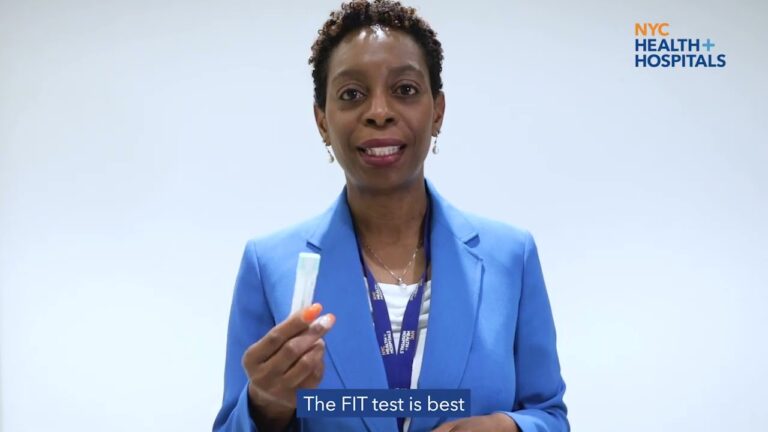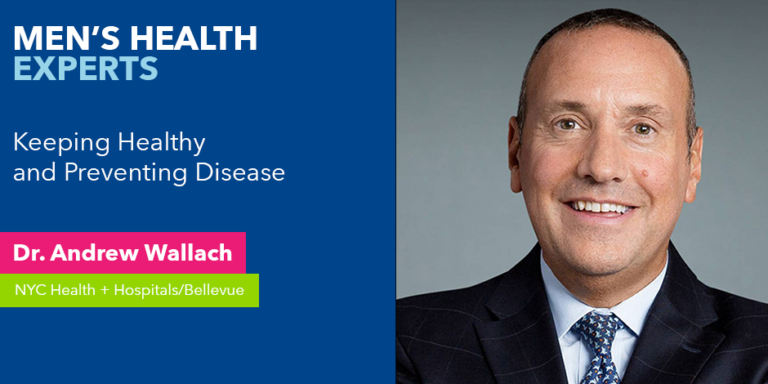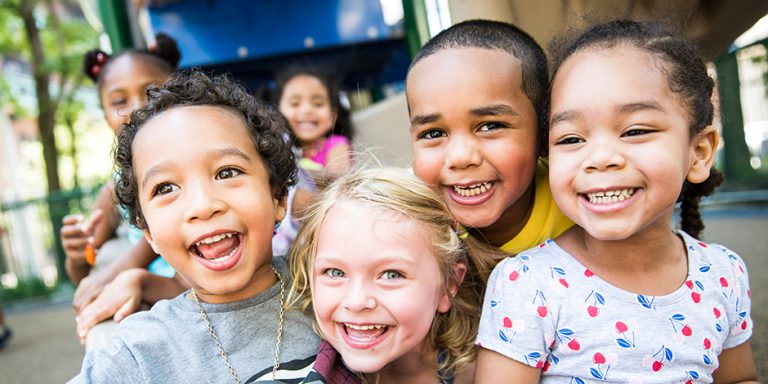Signs of Post-Traumatic Stress in Teens

Exposure to traumatizing events is surprisingly common in young people. As many as 47 percent of teens, aged 12 to 17, report experiencing physical or sexual abuse/assault or witnessing violence. Exposure to such traumatic events can lead to Post-Traumatic Stress Disorder (PTSD) – a mental health condition triggered by experiencing or seeing a terrifying event that can have a significant impact on well-being and functioning.
According to Dr. Jennifer Havens, Director of Child and Adolescent Psychiatry at Bellevue Hospital Center, PTSD diagnosis is commonly missed in youth. Families should ask their health care providers for a PTSD assessment if their child has experienced a traumatic event and shows behavior issues.
Events that can cause PTSD in youth include:
- Sexual abuse and assault, such as rape
- Physical abuse and assault
- Disasters, such as fires, floods, hurricanes
- Violent crimes, such as school shootings or kidnappings
- Accidents, such as plane crashes
Witnessing violence happening to other people can also cause PTSD, such as:
- Domestic violence
- Community violence
- War
It is common for anyone exposed to a traumatic event to have symptoms of stress such as intrusive thoughts or hyper-vigilance. When these symptoms persist over time, it is important to have your child assessed for PTSD.
Signs that your child might have PTSD:
- Repetitive thoughts of the event
- Nightmares
- Flashbacks – re-experiencing thoughts and feelings from the event when reminded of it
- Efforts to avoid anything that reminds your child of the event
- Irritable behavior and angry outbursts
- Exaggerated startle response
- Hyper-vigilance
- Problems concentrating
- Sleep disturbance
- Low self-esteem
- Feelings of shame or guilt
- Feelings of isolation
- Depression
- Emotional numbing
PSTD in youth can lead to poor performance in school and difficulty in relationships with peers and family members. It is often associated with reckless, aggressive or self-destructive behavior. PTSD is treated with evidence-based therapies that have been shown to be effective for children and adolescents. While medication treatment can be helpful for some of the PTSD symptoms (depression, nightmares) there is no medication treatment that directly targets PTSD.
- If your child or teen has experienced a traumatic event, or if you suspect that an event has occurred, or your child is experiencing some of the symptoms listed above, contact an NYC Health + Hospitals health care system hospital or health center near you to schedule an appointment.


